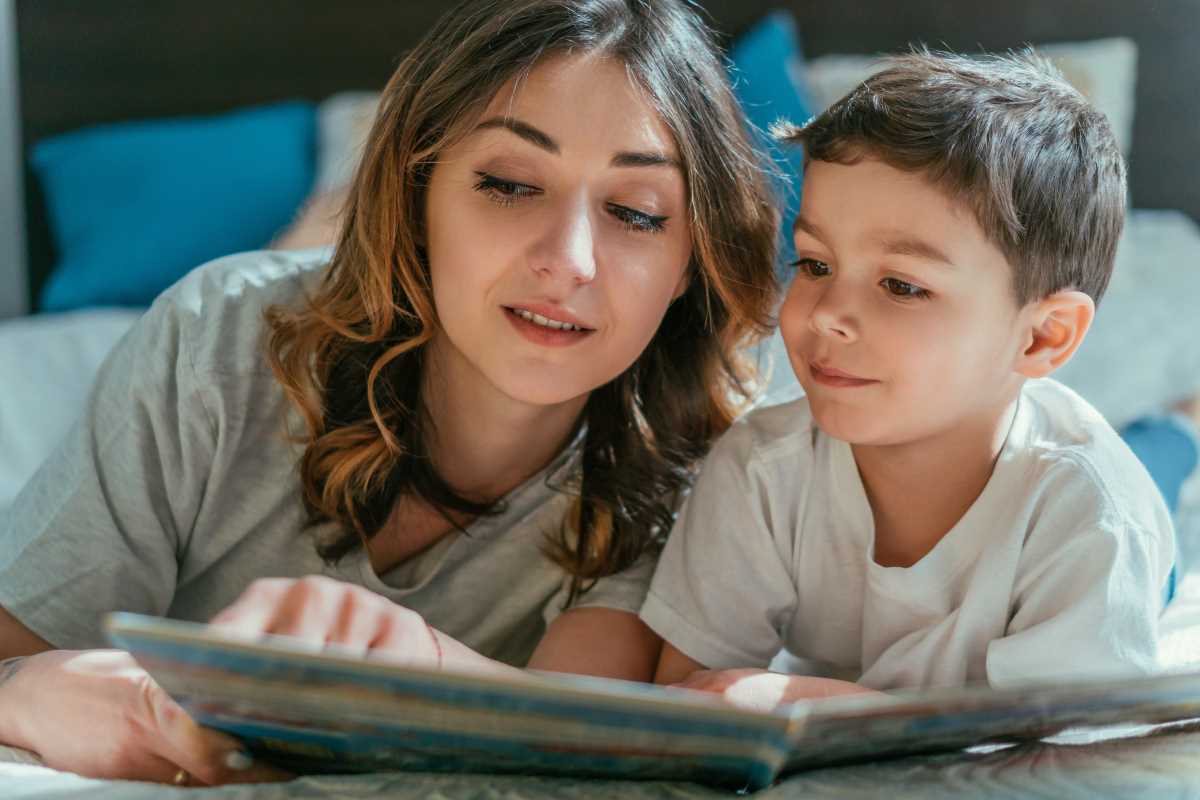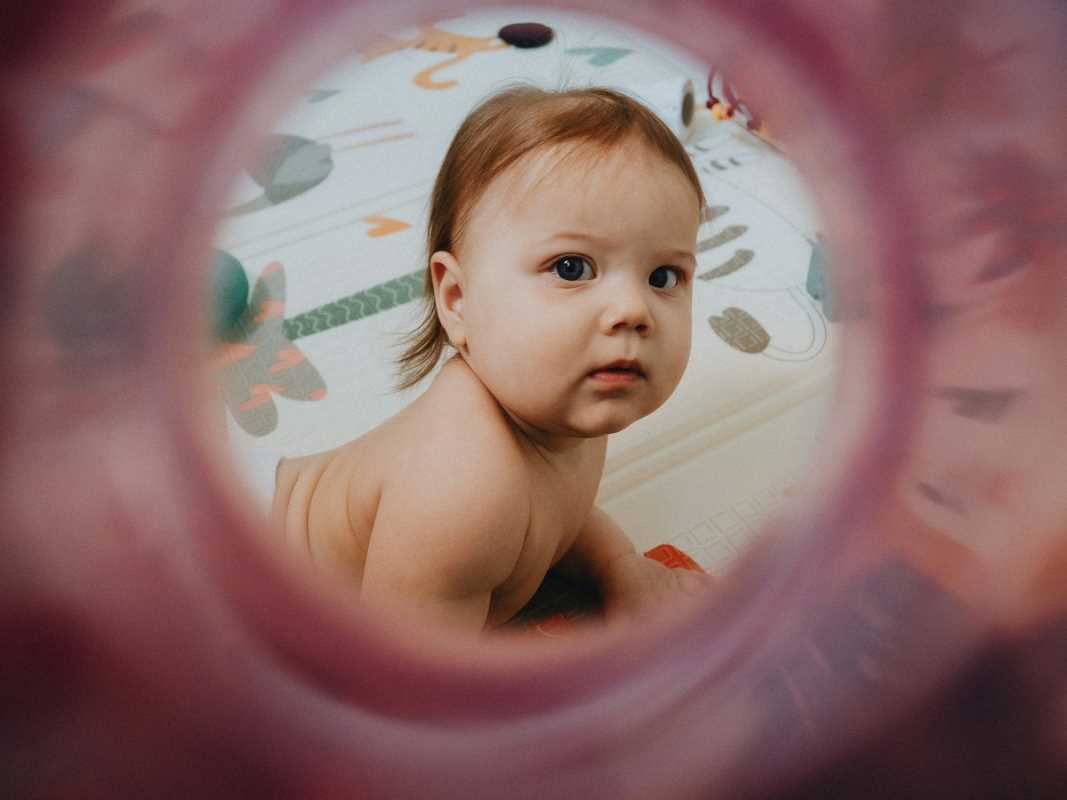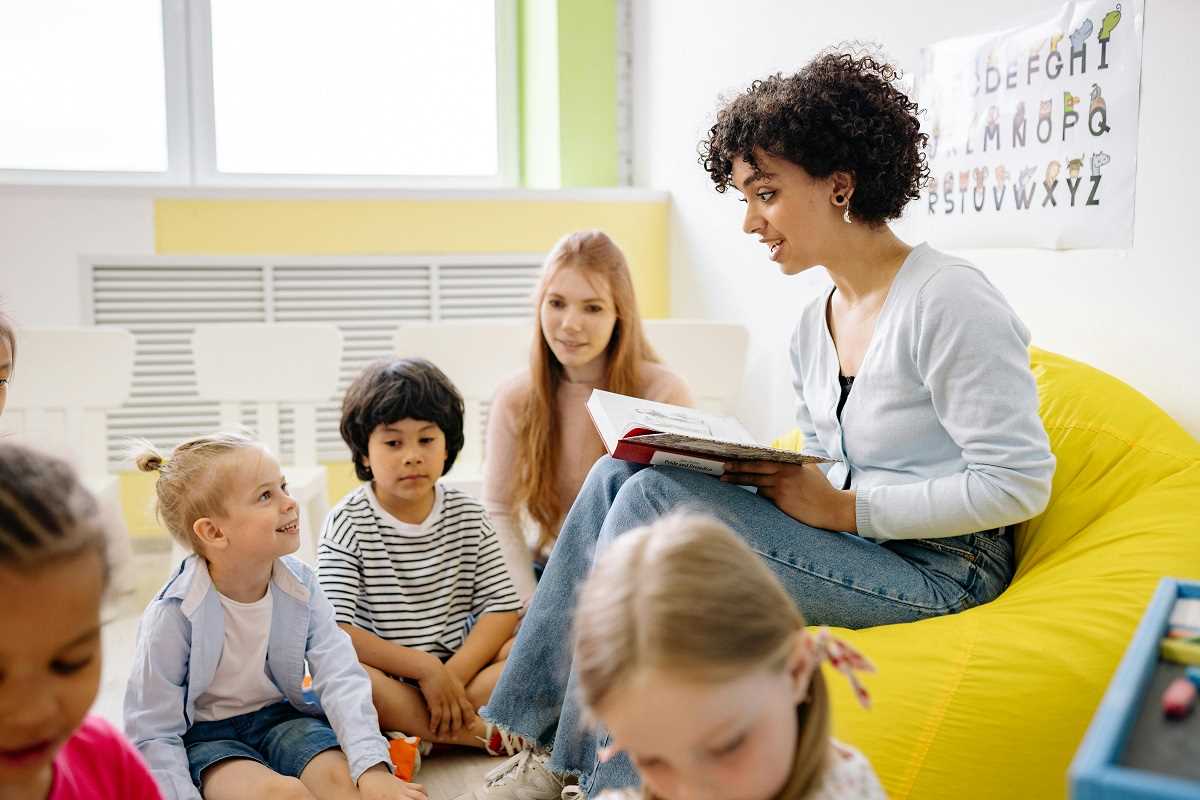Playdates can be an excellent way for toddlers to socialize, learn new things, and have fun all at the same time. If you want to go beyond just keeping the kids entertained, hosting an educational playdate is a great idea. It mixes fun with learning and creates a rewarding experience for everyone involved, including parents. If you’re unsure about how to plan it, don’t worry. Here's a guide to help you organize a playdate that’s both enjoyable and beneficial for toddlers.
Pick a Simple Theme
Toddlers respond well to structure, so having a theme makes the playdate more engaging and easier to plan. Choose something age-appropriate that sparks curiosity. Some great themes include animals, colors, shapes, or seasons. For example, an animal-themed playdate could involve activities like animal sounds, pretend play, and simple crafts. If you choose colors, you could focus on one color or explore a rainbow theme with sorting games and colorful art projects.
Themes keep activities focused and allow you to plan everything, including snacks and games, around a connected idea.
Set Up Play Stations
Toddlers have short attention spans, so setting up various play stations is a smart way to keep them entertained. Each station can focus on a different kind of learning. Here are some ideas for simple setups:
- Sensory Play Table: Use materials like rice, sand, or water beads in a bin. Add cups and scoops for a hands-on activity that encourages exploration and improves fine motor skills.
- Story Time Corner: Create a cozy spot with books related to the theme. If your theme is animals, for example, include storybooks that show farm animals or jungle adventures.
- Creative Art Area: Provide supplies like crayons, stickers, washable markers, and simple stencils. Pre-cut shapes related to your theme can make it easier for toddlers to start their projects.
- Hands-On Puzzles and Blocks: Use shape puzzles or age-appropriate building blocks to encourage creativity and problem-solving.
The variety ensures toddlers stay engaged and move between stations as they lose interest in one activity.
Plan Group Activities
Group activities help toddlers play together and learn social skills like sharing and taking turns. They also create bonding moments during the playdate.
Some simple group activities include:
- Sing-Along or Dancing: Play songs toddlers know and invite them to sing along or dance to the music. Games like "Freeze Dance" are easy and fun to organize.
- Matching and Sorting Games: Budget-friendly and educational, matching socks with colors or pairing shapes can keep their attention while teaching early concepts.
- Scavenger Hunts: A short scavenger hunt where toddlers search for items related to your theme is easy to organize and adds an element of excitement.
- Parachute Play: If you have a parachute or a large blanket, toddlers can work together to shake it up and down while pretending to catch falling objects like "raindrops" or stuffed toys.
These activities keep the toddlers moving and encourage group participation.
Provide Fun Snacks
Playdates need snacks to keep energy levels up. When planning, choose options that are easy for little hands to manage and won’t create too much mess. Pairing the snacks with the theme adds a fun touch.
Here are some toddler-friendly ideas:
- Fruit Cups or Skewers: Serve cut-up fruit like bananas, strawberries, and grapes in cups or on small sticks. Use colors or shapes based on your theme.
- Mini Sandwiches or Crackers: Use cookie cutters to shape sandwiches into stars, hearts, or animals. These are simple but fun for toddlers.
- Veggie Sticks and Dip: Offer cups with veggies such as carrots, cucumbers, and snap peas along with hummus or yogurt-based dip.
- Mini Muffins or Biscuits: Small, bite-sized snacks make it easy for toddlers to grab and enjoy while playing.
Make sure to check with parents for any allergies or dietary preferences beforehand. Always have water or juice cups ready to keep little ones hydrated.
Prioritize Safety
When you’re hosting toddlers, safety is the top priority. A little prep can go a long way in keeping your playdate safe and enjoyable.
- Toddler-Proof the Area: Remove fragile items, cover outlets, and block off unsafe areas. Make sure there are no small objects that could be choking hazards.
- Supervise Activities: Have enough adults around to help keep an eye on the children and provide assistance when needed.
- First Aid: Keep a basic first aid kit nearby so you’re prepared for any minor scrapes or bumps.
Double-check everything so parents feel confident leaving their little ones in your care.
Minimize the Mess
Toddlers are naturally messy, but a little planning can reduce cleanup stress. Stick to washable art supplies like crayons and paints. Set up areas with mats to catch spills, and use bins or baskets to keep toys contained.
Encourage the toddlers to help clean up as part of the day’s learning. Even simple actions like putting blocks back in a box can teach responsibility.
Wrap Up With a Takeaway
Ending the playdate with a small token or activity for the kids is a nice touch. It could be something simple like a sticker sheet, a mini coloring book, or even a small craft they completed during the playdate.
This sends the toddlers home happy and gives them something to show their parents.
Hosting an educational playdate doesn’t have to be overwhelming. Focus on fun, manageable activities that encourage learning and social play. Keep the atmosphere light and don’t worry about things going perfectly—toddlers thrive on unpredictability, and the most important part is that they’re having a good time.
Parents will appreciate your effort, and you’ll create great memories for the kids (and yourself) in the process. With simple prep, engaging activities, and safe spaces, your educational playdate is sure to be a hit!
 (Image source: Midjourney)
(Image source: Midjourney) 





